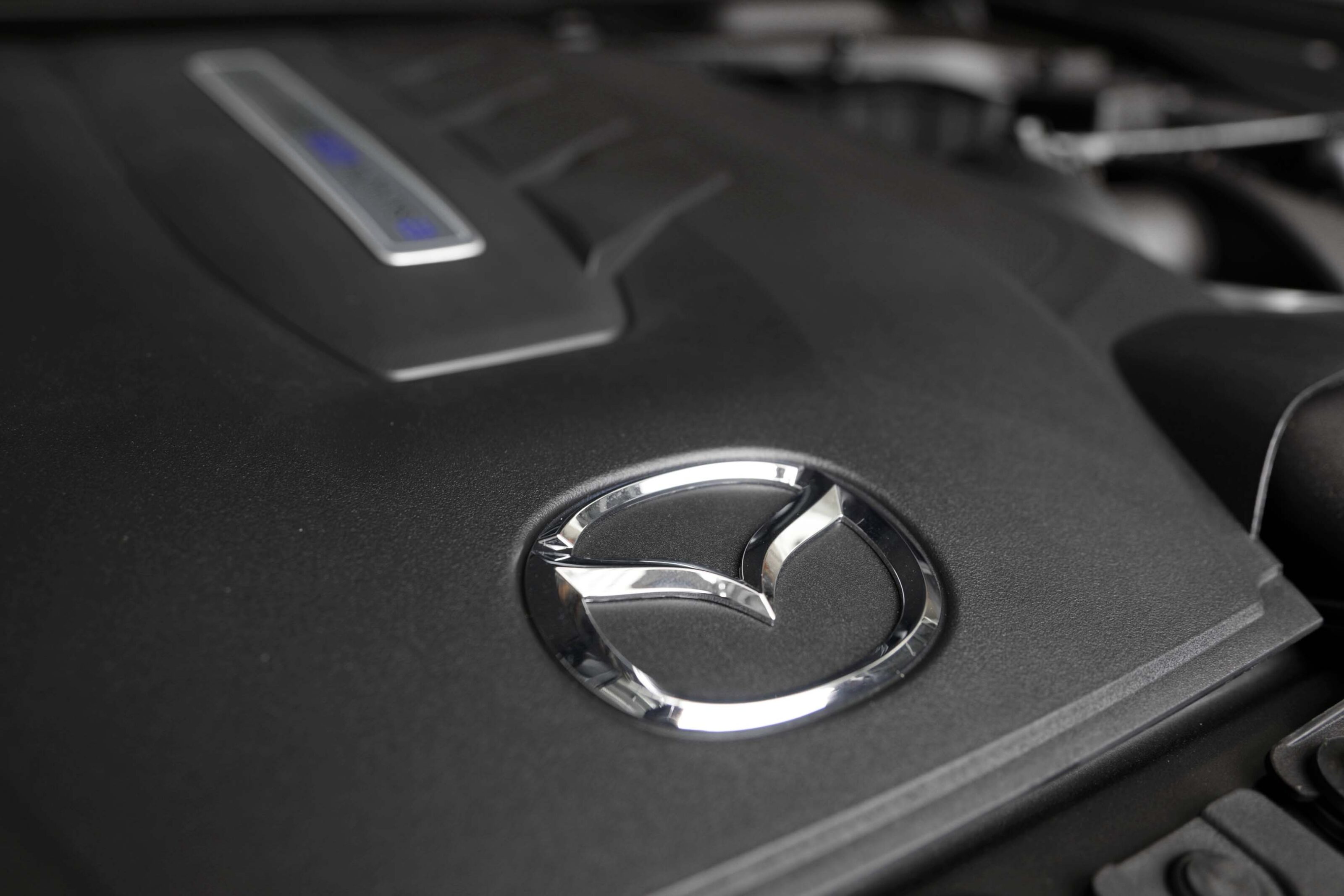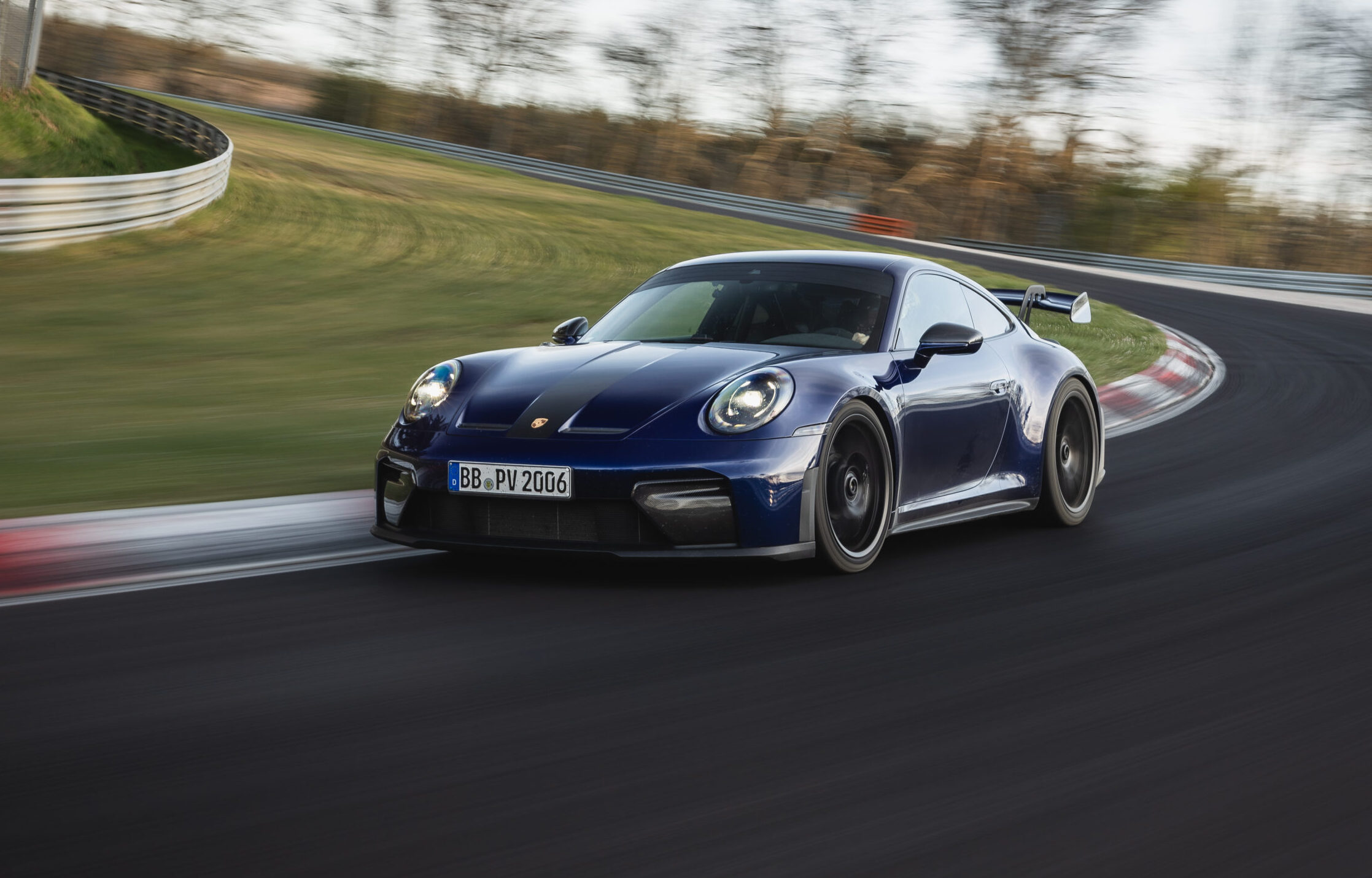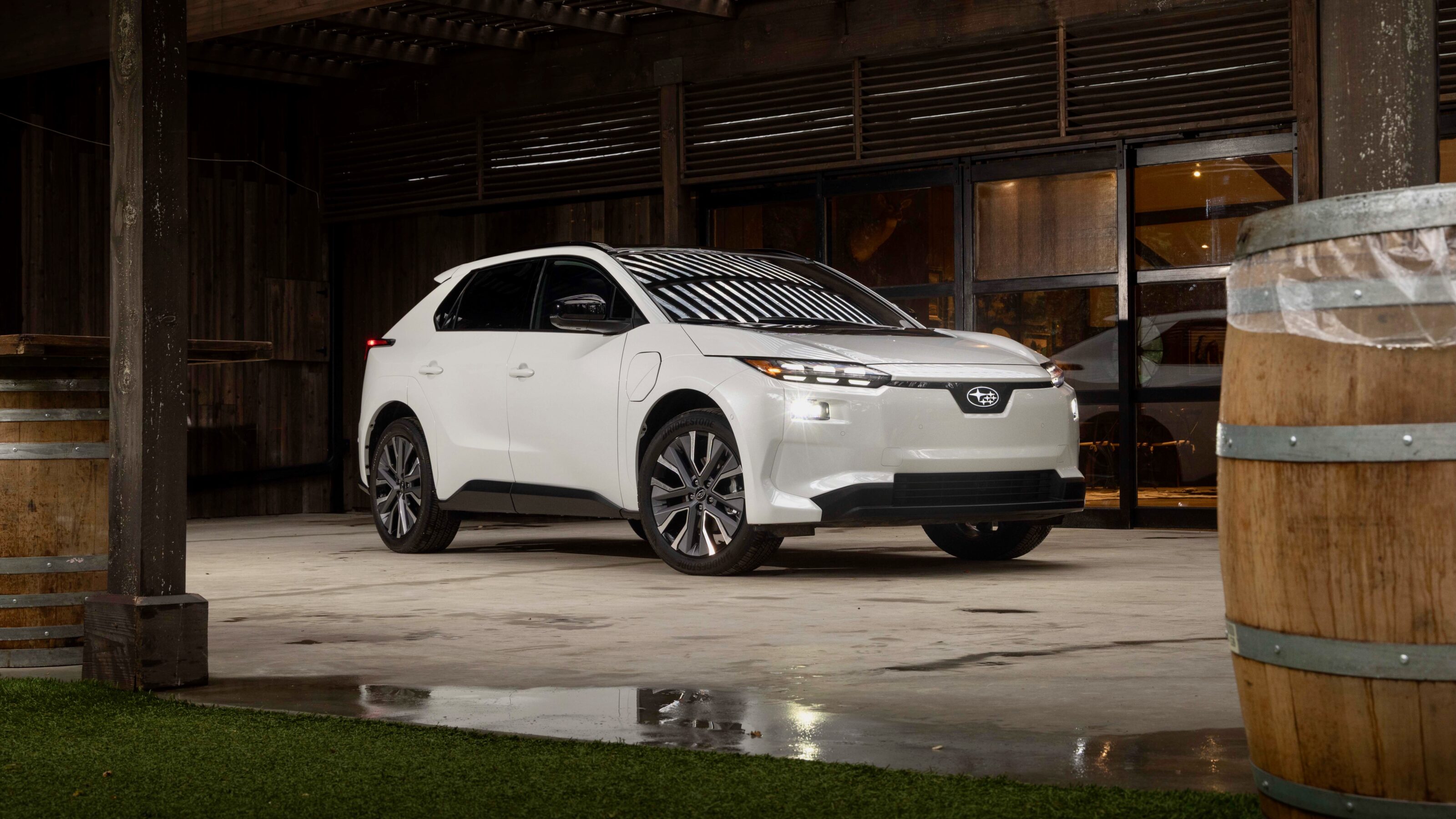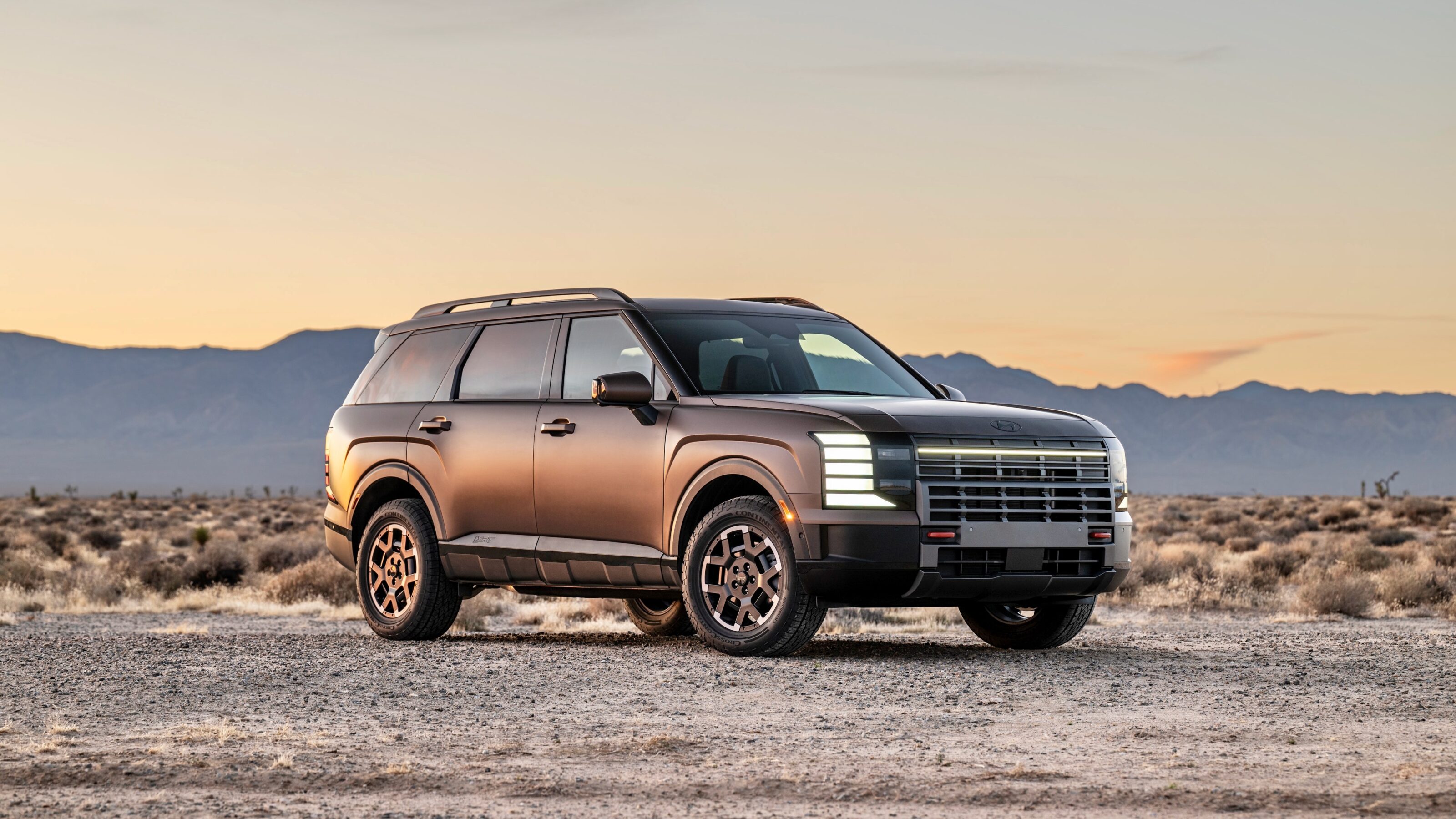
Mercedes-Benz has filed a response with the Federal Court in the first stage of proceedings for what could be a landmark case regarding how new vehicles are sold in Australia.
Mercedes is being taken to court by a group of 38 dealerships located across the country which are challenging the company over changes to its new incoming sales model.
The dealers involved claim they signed the new agency agreement under duress, and that Mercedes-Benz Australia owes them compensation for their ‘goodwill’.
The ‘agency model’ would allow the company to sell directly to consumers – while dealerships would become agents, selling on behalf of the carmaker, as well as continuing to provide servicing. Under the current arrangement, dealerships buy stock directly from Mercedes-Benz Australia.
The new model, which will be implemented from January 1, 2022, would also mean all new Mercedes-Benz cars on sale would have a fixed price – removing the ability for buyers to negotiate.

Last month, Justice Jonathan Beach ordered representatives from the German car giant to put forward its response, with the company filing a statement to the Federal Court this week.
In an eight-page submission, Mercedes-Benz Australia argues “market forces and technological changes in the industry create [a] need to change [its] business model”. It also contends that none of its dealerships had any franchising rights beyond December 31, 2021 – no contracts have been ended prematurely and all dealers have signed new agreements commencing from January 1.
The Australian Automotive Dealers Association (AADA) says 80 per cent of the country’s Mercedes-Benz dealerships are participating in the action, composed of 38 applicants. Though there are 53 dealer sites across the country, some franchises are responsible for multiple locations.
“We accept that Mercedes-Benz is perfectly entitled to change its business model, however we do not accept the appropriation of hundreds of millions of dollars in value built up by the local industry over many years without the payment of compensation,” CEO of the AADA James Voortman told WhichCar.

“The example of Honda in Australia after implementing the agency model provides a stark lesson: Honda is the only top 20 car brand in Australia to experience three consecutive months of sales decline while all other premium brands have experienced increased sales,” Voortman added.
Honda Australia was the first car company to switch from a franchise-dealer model to the agency model – a move that resulted in a number of dealerships closing, with the brand struggling with sales while the wider industry has been experiencing a boom.
“Mercedes-Benz Australia has developed Retail of the Future in consultation with our passenger car dealer network in response to changes in the industry, consumer behaviour and in the way new passenger vehicles are sold,” a spokesperson for the company told WhichCar.
“At the heart of this transformation is our key focus to create a customer-centric experience that enhances the buying process by providing all customers with transparent, market driven pricing, more choice and greater convenience.”
The trial is scheduled to begin in August 2022.
We recommend
-
 News
NewsIs the agency model better for new car buyers in Australia?
A growing number of manufacturers are switching to the ‘agency model’ for new car sales. But what does that mean and is it good for you? Let’s find out
-
 News
NewsHonda’s July sales hit by agency model change
Data shows a decline in Honda’s sales over the last few months, but there are a few reasons why
-
 News
NewsCourt rejects appeals over Mazda Australia refund conduct dispute
Both the ACCC's and Mazda's own appeal have been dismissed by the Full Federal Court of Australia




